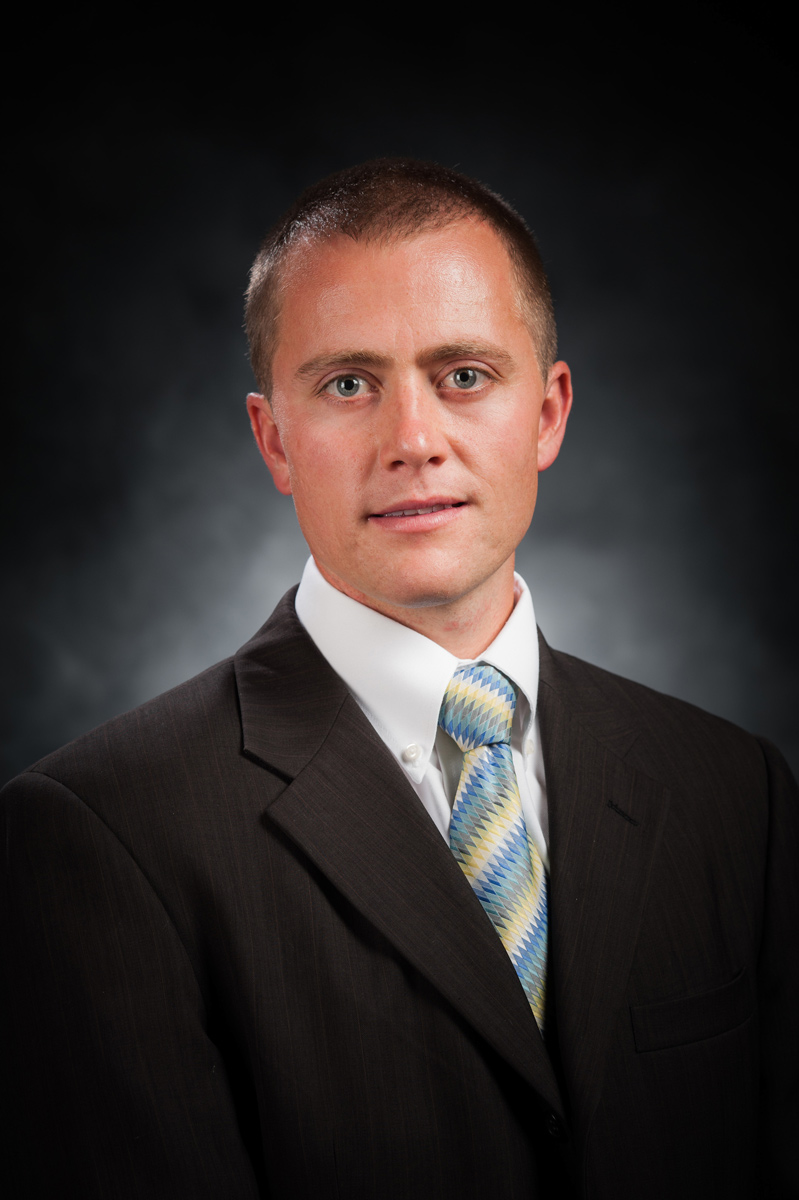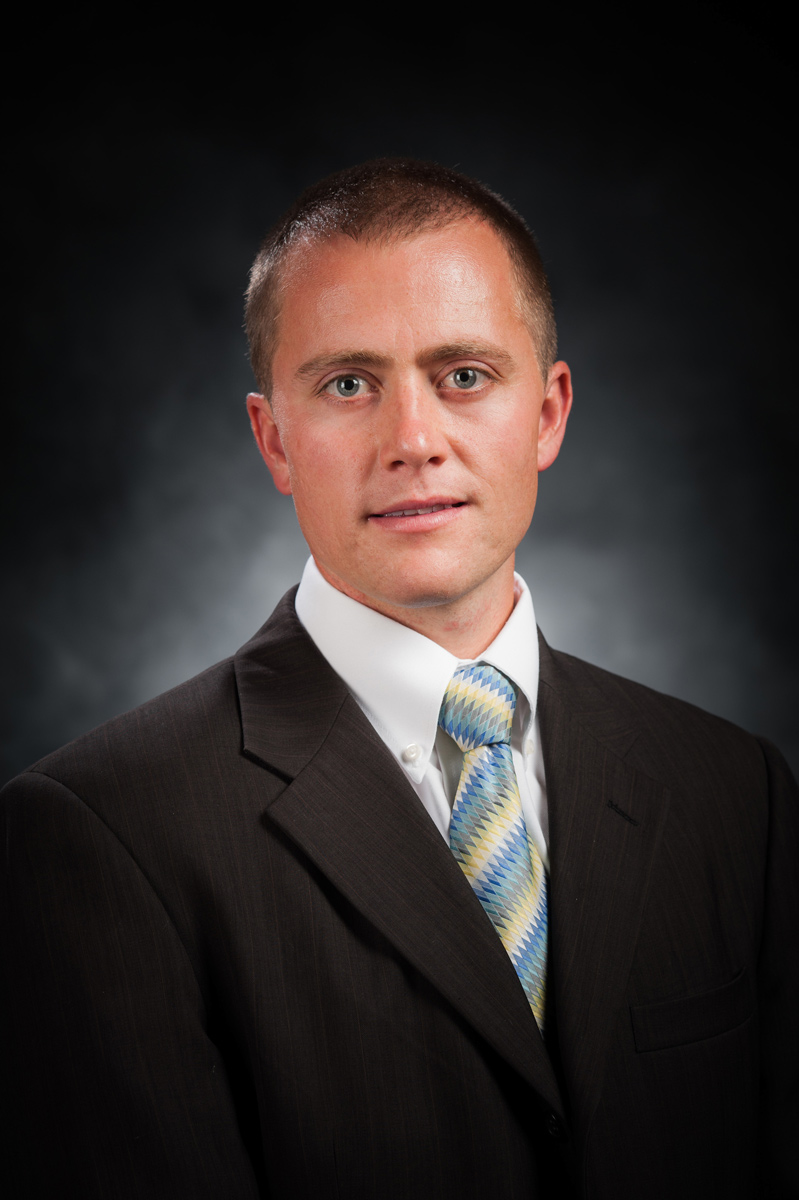‘It’s Going to Help Someone’
A tragedy and his children motivate Tyler Wheeler to help high schoolers in McCall
As a Boy Scout leader in Southern Idaho, Tyler Wheeler never expected to have one of his scouts commit suicide.
“That was hard to see,” he said. “He wrote a friend a note saying, ‘Hey, thanks for being my friend.’ He went home and committed suicide.”
Wheeler said the experience influenced the focus of his rural health project as a medical student in the University of Idaho’s WWAMI Medical Education Program. Wheeler is working with community leaders in McCall to implement a suicide prevention program.
“A program like this isn’t going to save everyone, but it’s going to help someone recognize a cry for help,” he said.
Wheeler became interested in rural health after growing up in Rupert, and feels small towns provide a more a stable environment.
“The stability is important because I have four children,” he said. “I have to sacrifice. I have more commitments and obligations than most students do.”
In McCall, Wheeler started to gather project ideas by meeting with the community and looking at demographic reviews. He compared the surrounding counties using community health assessment plans, which measure things like accident prevention, drug abuse and suicide.
The last measurement struck him.
“The idea is, the program will be integrated into a health class where there would be a few sessions throughout the year and you talk about things like depression and signs of suicide and role-play with peers,” he said.
In collaborating with the community, Wheeler gained partners like the Valley-Adams Health Improvement Coalition, which has federal grant support. The local high school is on board.
“The program focuses on empowering youth to be able to help their friends, versus a gatekeeper program where teachers are trained to recognize these signs in kids,” he said.
“If you can empower others around you, I think more will happen.”
Wheeler said focusing on this subject has motivated him as a parent.
“Those experiences I’ve had help me want to develop relationship with my kids and be the kind of parent that they’re willing to come to talk about their struggles,” he said.
WWAMI is a partnership between the University of Washington School of Medicine and five Western states — Washington, Wyoming, Alaska, Montana and Idaho. In Idaho, 40 medical students complete their first and second year of medical training on the Palouse. The students then have the opportunity to complete their Clinical Phase and Explore & Focus Phase of medical education in Idaho, Seattle or across the five-state WWAMI region.
The Rural/Underserved Opportunities Program (RUOP) is a four-week immersion experience in community medicine for students in between year one and two of medical school. The students live in underserved rural or urban communities during a four-week rotation, working with local physicians. The Target Rural Underserved Track (TRUST) builds on this experience with student completing community health projects within their RUOP communities.
Published in March 2018

Article by Tess Fox, University Communications & Marketing.







